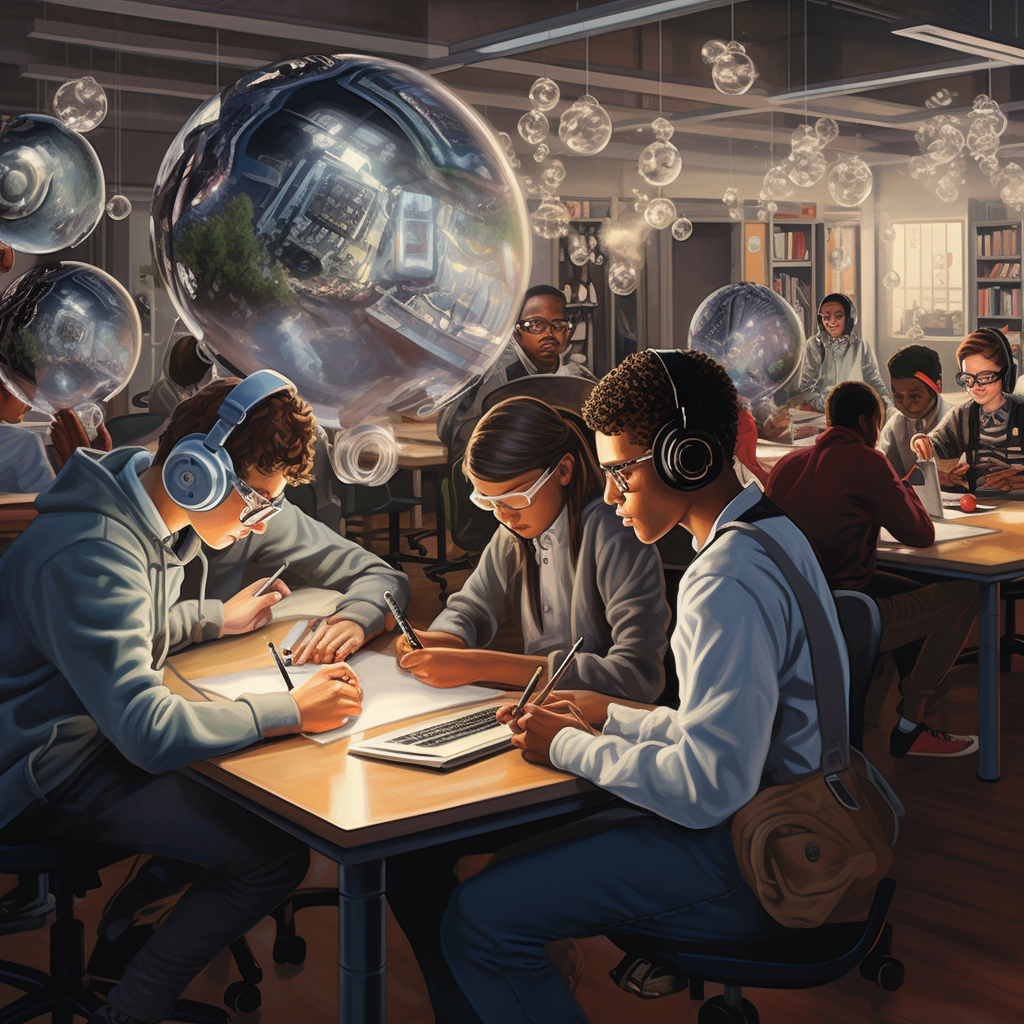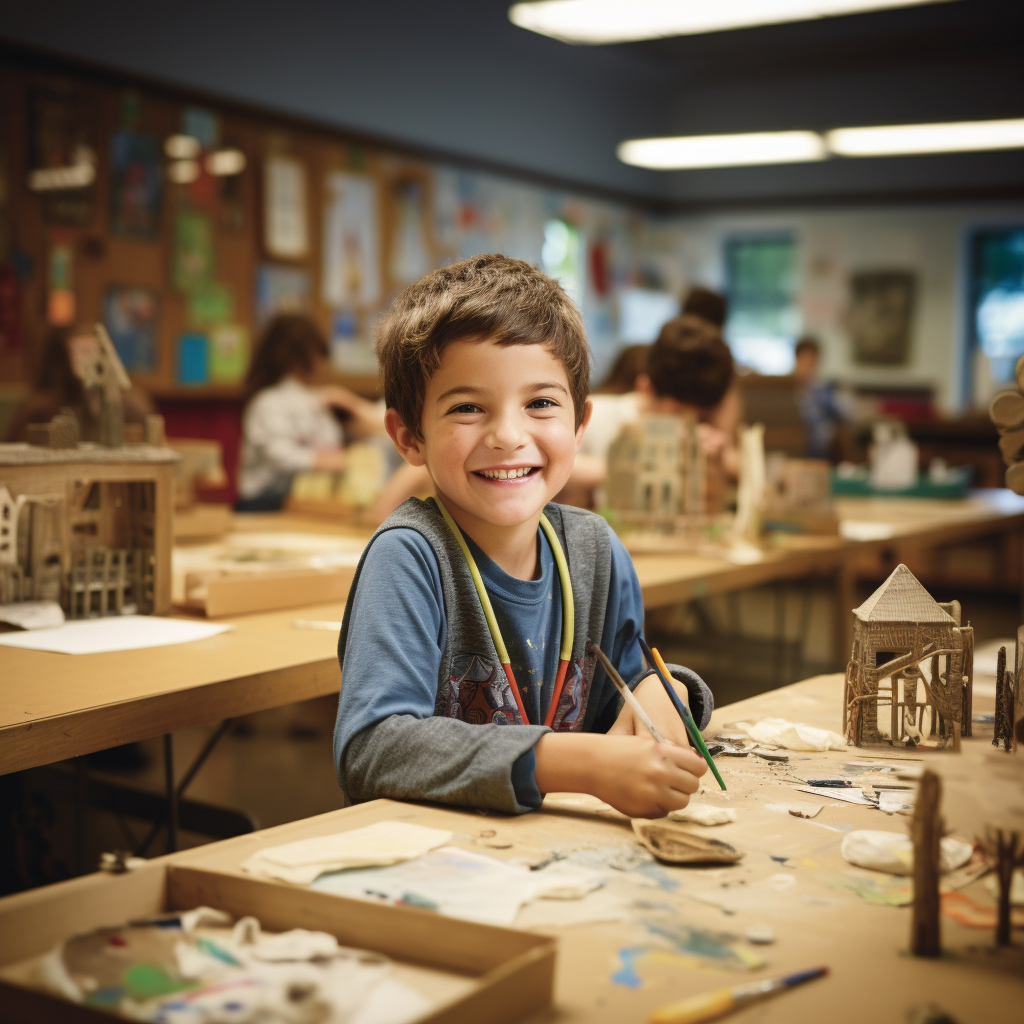Why Do Gifted Students Often Hate School? Find Out!
Many people assume that gifted students thrive in traditional school settings, but this isn't always the case. In fact, these students often feel a sense of discontent, leading to the question: why do gifted students hate school? Gifted children are unique in that they possess advanced cognitive abilities, exhibit intense curiosity, and demonstrate a passion for deep exploration of subjects. However, these same characteristics can lead to frustration in a one-size-fits-all educational system.
Traditional classrooms may not provide the challenging curriculum that gifted students crave or the pace that matches their swift learning abilities. When the content is too easy, these students may become disengaged and lose interest in learning. Furthermore, a lack of intellectual peers can make social integration challenging, leading to feelings of isolation. Gifted students often think and process information differently, which can result in misunderstandings with both peers and educators, exacerbating their feelings of alienation.
At Vanguard Gifted Academy, we understand these challenges. We are dedicated to creating an environment where gifted children can thrive by offering personalized learning that is attuned to each student's readiness level. Our STREAM curriculum integrates STEM, research, arts, and social-emotional learning, ensuring that students are not only challenged academically but also supported emotionally. For more information or to schedule a tour, email us at gifted@vanguardgiftedacademy.org.
The Mismatch Between Curriculum Pace and Gifted Learners

One of the primary sources of school dissatisfaction among gifted students is the mismatch between the traditional curriculum pace and their advanced learning speed. Gifted learners often process information more rapidly than their peers and understand complex concepts with less repetition. Consequently, they may find themselves held back by the standardized pace of the classroom, which caters to the average student. This mismatch can lead to boredom, as gifted students wait for others to catch up, and may even result in underachievement as these students lose motivation to engage with material they've already mastered.
The lack of acceleration and enrichment opportunities within the curriculum further exacerbates the issue. Without proper challenges, gifted students are not stimulated intellectually and miss out on the chance to explore subjects in a depth that matches their abilities. This can lead to a frustrating educational experience where their potential is not fully realized. In contrast, when the curriculum is paced appropriately, allowing for acceleration and depth, gifted students are more likely to remain engaged and enthusiastic about their education.
To address this issue, schools must implement flexible curriculum strategies, such as differentiated instruction and compacting, to provide an appropriate pace for gifted learners. These strategies allow for the adjustment of learning objectives and the tailoring of instruction to meet the needs of gifted students, ensuring they remain challenged and invested in their educational journey.
Lack of Challenge and Intellectual Stimulation in Traditional Classrooms

Gifted students often crave a learning environment that pushes their intellectual boundaries and provides ample opportunities for discovery. However, traditional classrooms can sometimes fall short in offering the necessary level of challenge and intellectual stimulation. This deficiency stems from curricula that are primarily designed to meet the needs of the general student population, without the specialized attention to the unique capabilities and interests of gifted learners. As a result, these students may find themselves unchallenged by the lessons that lack depth and complexity, contributing to their feelings of disengagement and indifference towards school.
Furthermore, gifted students possess a natural curiosity and a desire to delve deeply into subjects of interest. When educational settings do not encourage in-depth exploration or critical thinking, these students are deprived of the chance to fully engage with their learning. The absence of a rigorous curriculum can lead to a lack of motivation and a decline in academic performance as gifted students seek intellectual stimulation elsewhere.
Providing differentiated learning experiences that include higher-order thinking tasks, problem-solving activities, and opportunities for creative expression is essential to captivate and maintain the interest of gifted students. As educators, recognizing and nurturing the advanced capabilities of these learners is crucial to ensure that their educational experiences are enriching and conducive to their development.
Social and Emotional Factors Contributing to School Aversion

Beyond academic challenges, gifted students often face social and emotional hurdles that can lead to a distaste for the traditional school environment. Their advanced intellectual abilities can sometimes set them apart from their peers, leading to social isolation or difficulty in finding like-minded friends with similar interests or levels of maturity. This sense of alienation can be particularly pronounced during group activities or discussions, where gifted students might feel their ideas or interests are not shared or valued by others.
Moreover, the heightened sensitivity and emotional intensity that often accompany giftedness can make these students more vulnerable to the social dynamics within a classroom. They may experience frustration or anxiety when they perceive a lack of understanding or acceptance from teachers and classmates. These emotional factors, compounded with the potential mismatch in social development compared to their age peers, may contribute to a growing reluctance to participate in school.
Addressing these social and emotional aspects is as important as meeting the intellectual needs of gifted students. Schools that prioritize social-emotional learning (SEL) create environments where gifted students can develop self-awareness, manage their emotions, and build interpersonal skills. These competencies are invaluable for helping them navigate the complexities of social interactions and foster a sense of belonging within the school community.
The Role of Teachers in Nurturing Gifted Students' Potential

The pivotal role of educators in shaping the experiences of gifted students cannot be understated. Teachers who are attuned to the unique needs of these learners are instrumental in nurturing their potential and preventing school aversion. A teacher's ability to recognize and respond to the advanced cognitive abilities and intense curiosity of gifted students is crucial. By providing differentiated instruction and challenging coursework, educators can maintain the intellectual engagement of these students, which is essential for their academic growth.
Effective teachers of the gifted also employ strategies that allow for depth and complexity in learning. They might integrate project-based learning, inquiry-based discussions, and opportunities for independent research to cater to the diverse interests and abilities of gifted students. Another important aspect is the creation of a supportive classroom environment that encourages risk-taking, creativity, and critical thinking, all within a framework that promotes mutual respect and understanding among all students.
Furthermore, these educators serve as mentors and advocates, guiding gifted students through their educational journey. By fostering strong relationships and providing emotional support, teachers can help gifted learners navigate the challenges they may face, both academically and socially. In doing so, they empower these students to take ownership of their learning and to pursue their passions with confidence and resilience.
How Vanguard Gifted Academy Provides a Haven for Gifted Learners
Vanguard Gifted Academy stands out as a sanctuary for gifted students who often feel out of place in traditional educational settings. Our approach is tailored to address the reasons why do gifted students hate school by cultivating an environment where intellectual curiosity, creativity, and high-level thinking are not just encouraged but are the foundation of our educational model. For more information or to schedule a tour, email us at gifted@vanguardgiftedacademy.org.
At Vanguard, personalized learning is not a buzzword but a practice. We assess each student's readiness level to ensure that they are neither under-challenged nor overwhelmed, striking the right balance to keep them engaged and excited about learning. Our STREAM curriculum integrates science, technology, research, engineering, arts, and mathematics, offering a multidisciplinary approach that aligns with the way gifted minds work. This holistic approach not only nurtures academic prowess but also fosters social-emotional learning that promotes self-awareness and confidence.
Our dedicated educators are trained to understand the nuances of gifted education and are committed to developing the full potential of each learner. With small class sizes, we ensure that every student receives the attention and support they need. Furthermore, by emphasizing collaboration and peer interactions, Vanguard helps gifted students build social skills and form meaningful connections with like-minded peers, addressing the social isolation they often experience elsewhere.
At Vanguard Gifted Academy, we are passionate about creating a learning experience that resonates with gifted learners, keeping their flames of passion for learning alive. Email us today to discover how we can meet the unique needs of your gifted child.
